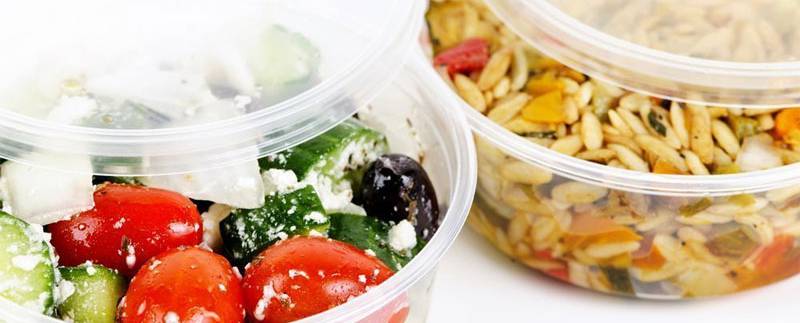Chocolate for good mood
What lies behind the choice of food in certain emotional situations? Is there a food formula to provide us with 'happiness' and to counteract feelings of anguish and sadness?
on today's menu
Share

Changing our mood is much more complex than choosing between eating one food or another. The best way to combat depression and improve your mood is to surround yourself with active stimuli, a favourable atmosphere, and to meet people in pleasant surroundings.
However, even though the formula for happiness does not exist, knowing what foods can influence your mood, their components, and the stimulation and synthesis of substances that promote good humour, can all contribute to create a state of emotional well-being.
Among the foods that contribute to this, the one that raises most passion and that has most followers is of course chocolate. When we eat a piece, the substances responsible for making us feel good are:
• Anandamide, which favours feelings of peace and happiness.
• Phenylethylamine, a substance that improves mood and produces a stimulating effect on the brain, generating a positive energy.
•Tryptophan, an essential amino acid, i.e. one that the body itself cannot manufacture and which, together with vitamin B6 (wheat germ and nuts), is involved in the formation of serotonin.
• Serotonin is a neurotransmitter widely distributed by the nervous system, involved in the regulation of mood, sleep and the functioning of cognitive processes. It is also associated with other neurotransmitters, such as noradrenaline or dopamine, related to anxiety, stress and fear.
Good humour and laughter, along with positive thoughts, an affectionate embrace that never seems to end, or gazing into the eyes of a loved one, stimulate a sufficient release of oxytocin to achieve a feeling of trust in relation to others.
And finally, endorphins, clearly responsible for feelings of well-being, euphoria and even happiness, that are perceived when performing a physical exercise.
It is well-known that stress and anxiety lead to patterns of physical reactions characterised by muscle tension, and rapid, shallow breathing. Exercise regulates anxiety, relaxes tight muscles and breathing, and alters the body's biochemistry, so mental health is generally modified.
In short, to reach a state of relaxation, joy and good humour, each of us first needs to identify those foods for which we feel a (guilt-free!) passion, that leave us with a sense of well-being and that above all have a personal meaning for us. Secondly, we should share these pleasant feelings with others and, finally, we need to engage in a physical activity that inspires us.

Tupperware menu for school
Discover it!
Tupperware menu for school






